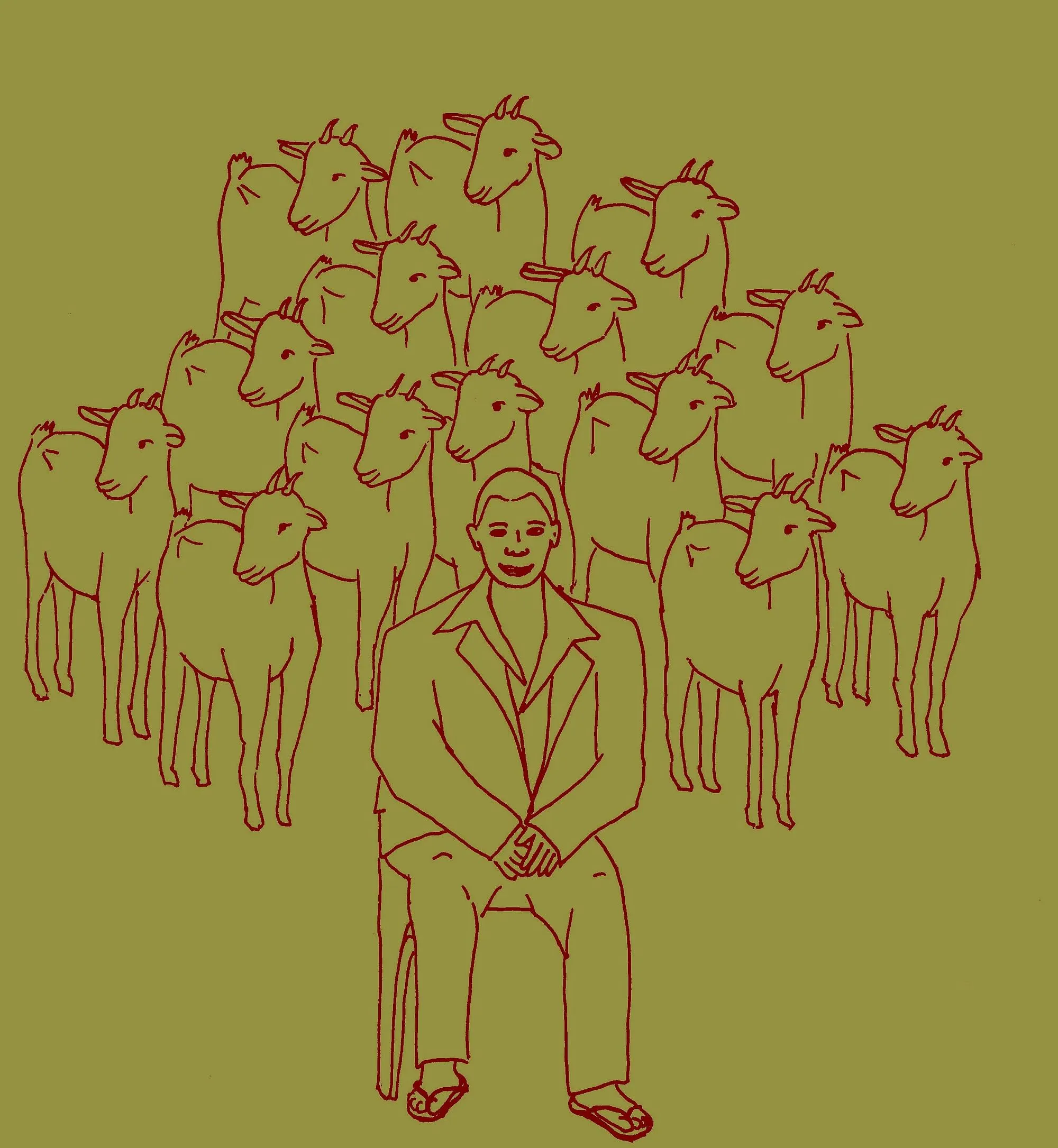Trends keep changing, tragedies don’t. Distances keep shrinking, divides don’t. Blood keeps thinning, beliefs don’t. Images keep impressing, ideas don’t.
Choices keep changing, preferences don’t. Faces keep lifting, facets don’t. Minds keep merging, hearts don’t. Let us pick up something for today that is quite old but still in great vogue with all fervor and without fail. It is called CLASS.
Though not an acronym but I choose to expand it as crushed, layered, arranged, sectioned and segmented structure of the society. Class unites us, class divides us, class defines us no matter what else describes us.
You can be an Ambedkar with knowledge of 64 subjects and proficiency in 11 languages, yet you need a caste to authenticate it.
You may be an Assamese but you would be identified as a Japanese to deny help or favour in a matter of common concern. You may have all feathers in your cap yet you need an iconic father to get felicitated. You may be in frontline of the battalion yet it is your lineage that can push you back.
Above average and under class is a horrible mathematical product.
It is zero without a remainder. The dignity of a person is lost in arbitrary distinctions of caste, wealth, lineage, family occupation and the living locality.
Though not in the rule book but class distinctions are well written in our personal logbooks. In the past we would practice class distinctions very crudely while honestly and openly believing in it.
In the present we do it in a rather subtle way because we have to retain our claims of enlightenment and liberation. Class distinction is an open secret, vain in principle and vogue in practice.
We always do it and never let it go. In the neighborhood or in a friends group we carefully choose to ignore the underclass who is not suitable to be with.
We don’t get together unless he gets away. In our office we may be working on the same project but we can’t be the same peer group in a party. Our attires may be homogenised but our approaches are not. More horrible than the class distinction, is the attitude that has kept it so active and so alive.
This attitude is as much in America as in Asia.A well-known staff writer, T R Noah, at The New Republic in USA says, ‘Obama is an intelligent man whose life and work experience sensitise him to class distinctions.’ Class distinctions are rampant in every part of the world in one form or the other. One wonders why it has been so difficult to turn the idea of human equality into a reality? A former U.S. congressman William Randolph Hearst had once said:
“All men are created equal in one respect at least and that is their desire to be unequal.” And the 19th-century French dramatist Henry Becque puts it as “what makes equality such a difficult business is that we only want it with our superiors.”
In other words, people want to be equal with those higher than them on the social scale; but are not willing to grant the same privileges and advantages to those they feel are below them.
Therefore, it is assumed to be the default configuration of human nature.
However, I choose to disagree. My take on the subject is that this attitude is mistaken, and the idea of “class” is not really self-explanatory, but deserves a better analysis than it usually gets. Many of us yield place to the social distinctions quite shamefacedly, as though confessing to our poor resolve to rectify it.
Some others take it for granted as one of the most obvious and commonplace facts of daily life. They give a damn to corrections and save their energy for the personal adventures.
There was but a regime of comrades in the not so remote history of mankind who were up against class distinctions, did fairly well for a pretty long time before losing sheen to the circumstances.
They still have their roots and residues across all human habitations. Apart from comrades, clergy has been playing a role since long. Despite an apparent carelessness, the mindful people have always been exhibiting a great sense of responsibility towards various problems of living, at a collective scale. Human behaviour can be raw or refined but human conscience is always pure and pristine, strong and serene.
It has not been able to assimilate the idea of class distinction. A distinction can’t always be a distinction. Human identity should be classless. The balancing law of the nature is that as the disease keeps growing so does the immunity and as the miseries keep rising so do the Messiahs.
It is said that God visits us quite often but most of the times we are not at home. In this era of mushrooming discontent, disappointment and depreciation of mental peace, we have an equal number of mentors and gurus around us.
This is the age of motivational speakers most of whom are the clergy who are delivering a good content on various aspects of life and giving us a perspective.
Legislations and commutations have not been able to undo class distinctions. It is for clergy to pick up from where the comrades had left. They had set the ball rolling for those who care.
And who cares? I believe, you care and I care. I am the class, I am the comrade.






